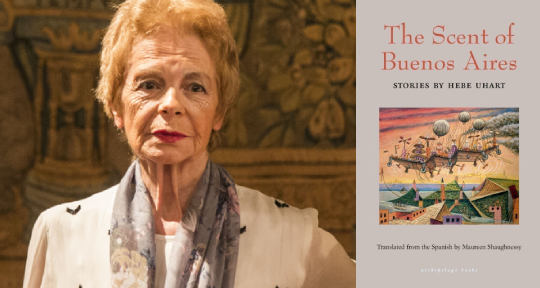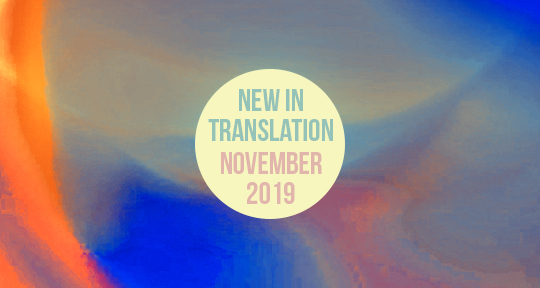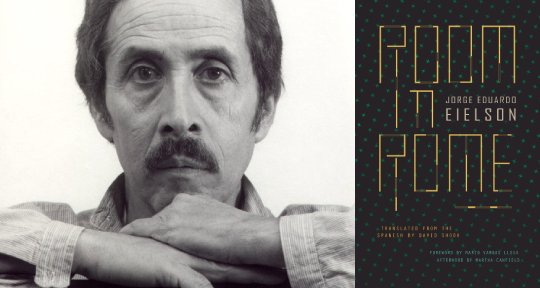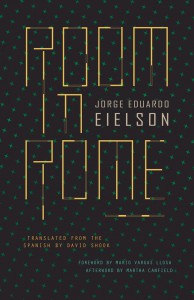As James Baldwin said; “It was books that taught me that the things that tormented me most were the very things that connected me with all the people who were alive, or who had ever been alive.” This week, our editors are reaffirming the ability of literature to overcome discrimination and unite people with a shared passion through words. In Madrid, the Woolf Pack open mic night has been celebrating womxn and LGBTQI+ writers, whilst in the Czech Republic, a workshop sparked lively discussion on modern Tibetan literature. Read on to find out more!
Paloma Reaño Hurtado, Editor-at-Large, reporting from Madrid
The Woolf Pack is an open mic night celebrated since September 2018 at Desperate Literature, a trilingual bookstore in the centre of Madrid. Everyone is invited to attend, but the mic is exclusively open to womxn (cis and trans) and LGBTQI+ identifying folk. The event echoes a similar initiative called Self-Ish, launched in Paris for the first time in May 2016.
Aiming to be a tribute to the womxn and queer writers who have overcome all kinds of obstacles to make their literature, The Woolf Pack is a homage to womxn and LGBT idols from different times and latitudes—hence the name of the event. It is, in sum, a sort of anti-macho literature night; each participant can share their own or any other author’s text, as long as it is another female/trans/nonbinary author. READ MORE…












